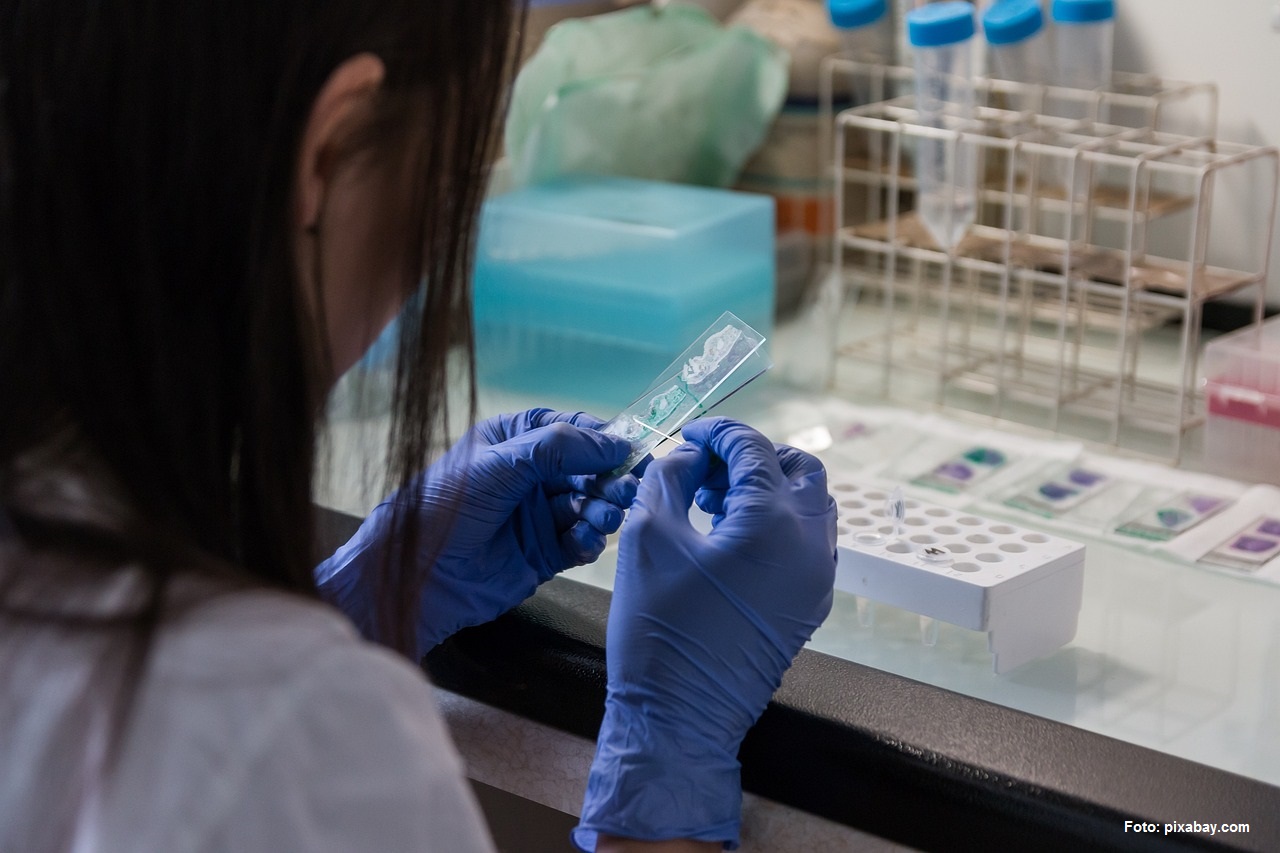Epigenetic testing – a key to the future
Thanks to epigenetics—the discipline that studies how our genes are "turned on" or "turned off" by external factors—life expectancy is no longer a lottery

Corina Cristea, 19.09.2025, 12:55
A natural and inevitable process for all living organisms, aging comes with a progressive decline in physiological function and increased vulnerability to age-related diseases. For many people, however, the age on their ID card does not correspond to their biological age. Some look and feel much younger, even though they are elderly, while others feel old from the age of 30-40. Why does this happen? The answer lies in epigenetics, where genetics meets lifestyle.
Thanks to epigenetics—the discipline that studies how our genes are “turned on” or “turned off” by external factors—life expectancy is no longer a lottery. The environment we live in, our diet, sleep, stress levels, pollution, and even social relationships can influence whether certain genes are activated or remain silent. A 45-year-old with a healthy lifestyle may have a biological age of 38, for example, while a 30-year-old with chronic stress, an unbalanced diet, and lack of sleep may “age” biologically to 40. In this whole equation, epigenetic testing can provide us with a compass for health and longevity—something that is all the more important as studies show that epigenetic factors can influence life expectancy more than genes themselves.
“Longevity medicine is a whole science, with multiple fields, each of which deals with everything that helps us as specialists and experts to understand in advance how to prevent, what to do on an individual level, and what short-, medium-, and long-term solutions to offer those who want to age healthily, independently, and, above all, actively,” explains Dr. Luiza Spiru, professor at the Department of Geriatrics and Gerontology at Carol Davila University in Bucharest.
“How we live the last period of our lives is very important. The longest period of our lives is after the age of 45-50, when multiple problems arise in the family, as sons and daughters, when our parents start to have problems, when our children grow up, when we have to deal with all the worries that our parents had taken care of until that age. There is a big difference between growing old, living a long life, and living an active and independent life. And the difference is made by individual education, the fact that if we do not learn in time to prevent the risk of chronic disease and if we do not understand in time what individual risk factors we have, we will not be able to achieve such an individual goal.”
That is, to have a long and active life. It can be considered that if our genome were a musical score, then epigenetics would be the conductor of the orchestra—genes do not change, but the way they are activated does. And epigenetics shows us that we are not prisoners of our genetic code; everyone has a say in how their genes work for or against them. This discovery radically changes the way we look at health, and epigenetic testing is one of the most spectacular tools to emerge in recent years. Unlike classic DNA tests, which analyse the fixed structure of the genome, epigenetic tests measure chemical changes at the DNA level to provide clues about a person’s biological state.
Once again, here is Luiza Spiru, president of the Ana Aslan International Foundation, specialist in longevity medicine and pioneer in the study of cerebral aging:
“Today, we have the opportunity to obtain such information, both epigenetic and genetic, in addition to all the tests we can perform on saliva and urine, related to everything that means balance at the cortical level, everything that means our state of mental balance, because this is very important, all the consequences of the interaction between our own being and the stressors in the environment. We call these investigations biomarkers. For example, I can find out if I have a deficiency of minerals, amino acids, or vitamins by testing my hair pulp. These are molecular analyses that help me understand and know which buttons to press in order to help that person.”
These tests are very important, as they can indicate risks of cardiovascular, metabolic, or neurodegenerative diseases and show what lifestyle changes could bring real benefits. Epigenetics shows us that genetic inheritance is important, but only 20-30% of our lifespan is determined by our inherited DNA; the rest depends largely on our daily choices, how we eat, exercise, sleep, and manage stress. In other words, epigenetic testing paves the way for the medicine of the future, which will be personalized, preventive, and predictive, focused on how lifestyle shapes the genome. (MI)






























